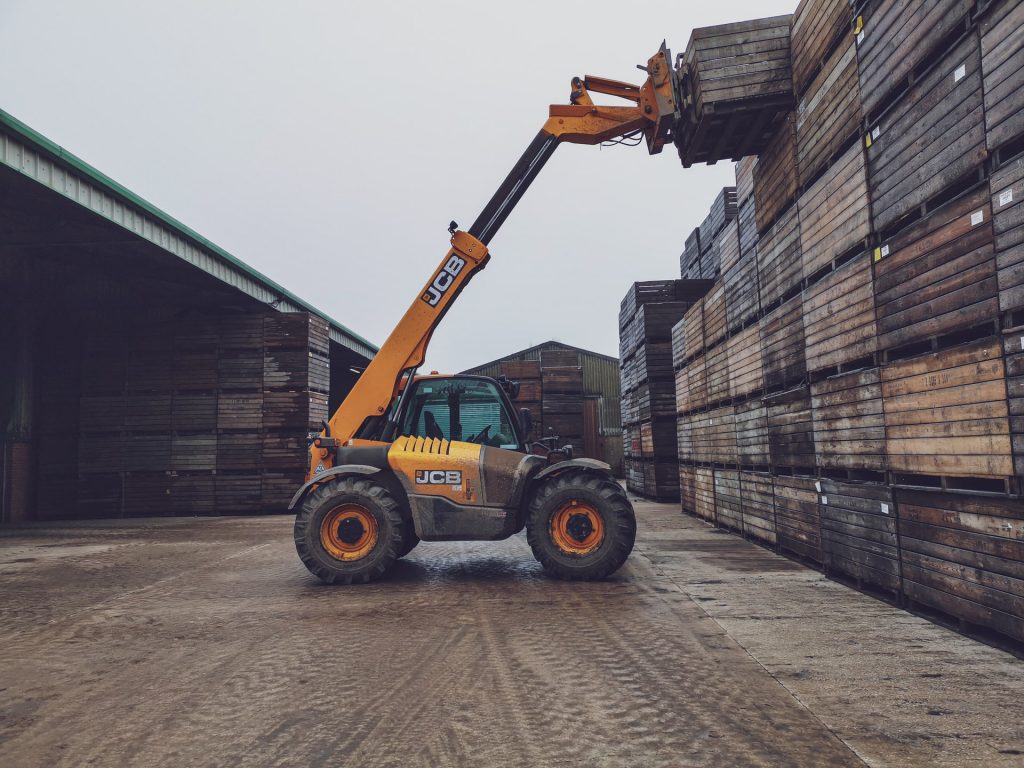Volvo Construction Equipment has started testing the world’s first hydrogen articulated hauler prototype, joining the likes of JCB and Anglo American in exploring the clean fuel for plant machinery.
The Volvo HX04 is nicknamed ‘Electric Charlie’ after ‘Gravel Charlie’, the world’s first articulated hauler, also built by Volvo CE, back in 1966. Partners in the 4-year project include RISE Research Institutes of Sweden, who provided specialist competence on driveline development and safety, and PowerCell Sweden, a developer of fuel cell-based hydrogen-electric power solutions.
Shell provided a hydrogen refuelling station at the Volvo CE test track in Braas. It can be filled with 12 kg of hydrogen in 7.5 minutes, allowing it to operate for about 4 hours. As with all hydrogen fuel cells, the only by product is water vapor.
The testing comes just one month after global miner Anglo American unveiled a hydrogen fuel cell replacement for its fleet of diesel-powered monster trucks. The 220-ton beast can carry 290 tons of ore without producing any planet-warming emissions.
After considering options including synthetic fuels and biofuels, it became “crystal clear” hydrogen was the right solution for the job, according to CEO Duncan Wanblad.
However, the first mover in the use of hydrogen to transition to zero-emission plant machinery is JCB, the pioneering British company built by the Bamford family.

In November 2021, JCB announced an increase in the number of engineers working on the development of its hydrogen engines from 100 to 150 and a plan to invest £100 million to create super-efficient hydrogen engines.
JCB began researching hydrogen at its Derbyshire R&D centre in July 2020 and unveiled its first prototype hydrogen-fuelled piston engine 10 months later.
“Zero carbon emissions must be the target, but we don’t believe that batteries and fuel cells are the only solutions,” Lord Bamford said at the time.
Batteries are not practical for equipment with high power demands, and that work in remote locations, such as backhoe loaders and large excavators. Batteries weigh too much, cost too much and recharging them takes hours, meaning unacceptable levels of downtime.
In November 2021, JCB announced an increase in the number of engineers working on the development of its hydrogen engines from 100 to 150 and a plan to invest £100 million to create super-efficient hydrogen engines.
JCB expects to have the engine ready for pre-production by the end of 2022.
It has chosen a hydrogen internal combustion engine over fuel cells to minimise the cost of transition for itself and its customers.
Combustion engines “deliver high power and torque for agricultural applications,” says Lord Bamford. “We also know a lot about them – the pistons, cylinders and crankshafts – and so do our dealers and customers, who have been maintaining and fixing them for years.”
Whether hydrogen combustion or fuel cells, the clean fuel is looking increasingly like the solution of choice for plant machinery and large-scale mining and agricultural equipment.
To learn more about Ryze Hydrogen click here.






